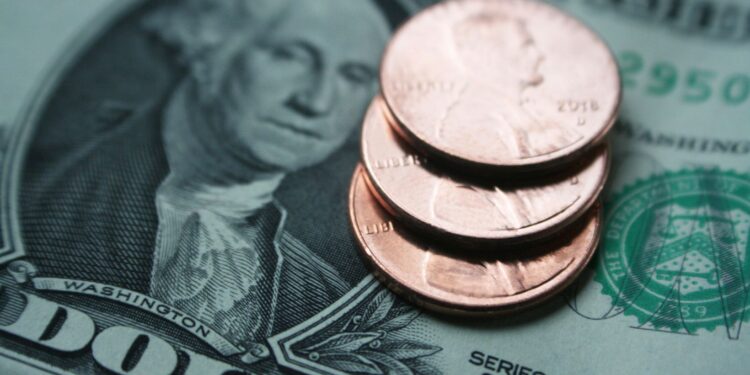Managing your salary to cover essentials like housing, food, transportation, and entertainment — while still saving for a financial cushion — is a pressing concern for many city dwellers. Don’t worry; it’s entirely possible by following a few simple guidelines. We are ready to explain how to handle your expenses effectively and how the right salary card can help.
Organize Your Expenses
The simplest starting point for financial literacy is tracking where your money goes. Yes, it can be tough to face the fact that a quarter of your salary goes to food delivery, or that you don’t need a fifteenth pair of sneakers. But this kind of expense review helps identify areas to cut back. It’s especially useful for small, frequent expenses like daily coffee or taxi rides.
You can track expenses using your bank’s app. If you use multiple accounts or often pay in cash, organize everything in a dedicated app like CoinKeeper.
Set Aside Money for Essentials Right After Payday
This is a basic rule that everyone knows but not everyone follows, leading to financial strain or debt at the end of the month.
Once you know where your money goes, prioritize essential expenses: housing, food, loans, and costs related to children or pets. Analyze how much you’ve typically spent in these categories over a few months, and determine the necessary amount.
When your salary comes in, immediately set aside this money and make a firm commitment not to touch it, even for the most tempting sale. This reserve is for essentials only.
Define a Daily Spending Limit
Giving up small joys isn’t practical. Denying yourself spontaneous purchases could lead to boredom, making you splurge all at once on something extravagant — like a meal with gold-topped pizza.
Instead, decide how much you can afford for daily indulgences and stick to that limit. For example, if you are fond of playing slots via BetLabel login, allocate $10 to this hobby. To avoid overreaching this sum, set the allowed limit via settings. As a result, it will be simply impossible to spend more than you are permitted.
Set Clear Goals
Saving without a goal rarely works. Having a specific purpose — like a financial cushion, child’s education, vacation, or something equally important — makes saving more effective.
Financial experts recommend planning for various scenarios:
- Basic: Save only for a financial cushion.
- Negative: Prepare for unexpected expenses.
- Positive: Save for the cushion, vacation, and home improvements simultaneously.
This approach keeps you moving toward goals while managing unforeseen costs like a dental emergency or a broken phone. It also reduces guilt if progress feels slow.
Delay Impulse Purchases
When something catches your eye and your brain shuts off while your hand reaches for the card, resist the urge. Acting on impulse often leads to overspending.
Instead, take a step back. Save the item to your favorites list in an online store rather than adding it to your cart. For in-store purchases, check online prices before deciding. Returning later with a clear head can save you money.
Replace Marketplace Apps with Something Useful
Marketplaces can be a double-edged sword. They’re great for finding essentials like household items or pet food at good prices. But when you’re bored, aimlessly scrolling through them can lead to buying unnecessary items.
To avoid temptation, delete marketplace apps from your phone or hide them in a folder out of sight. Make necessary purchases from their desktop sites instead. If boredom strikes, use that time productively by downloading apps for learning a foreign language or other skills. This way, you will be not only richer but also smarter.















